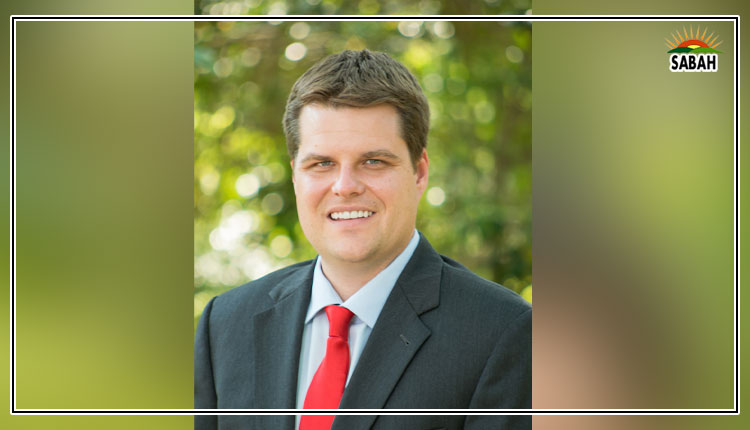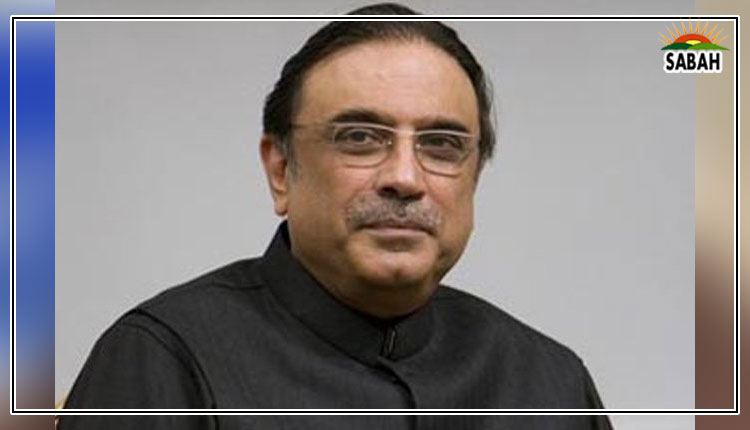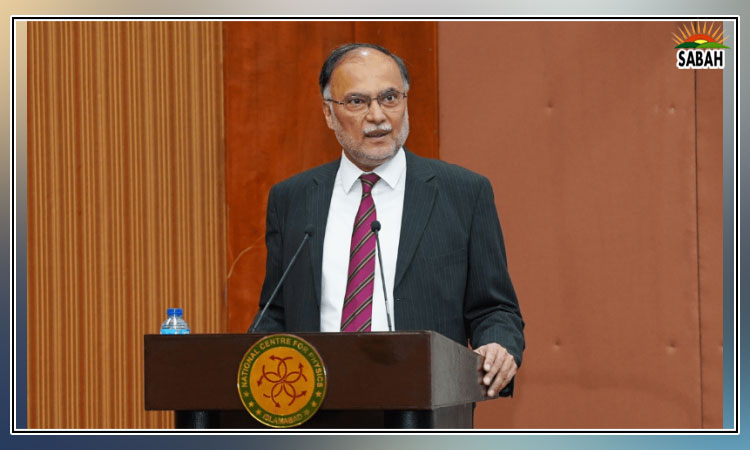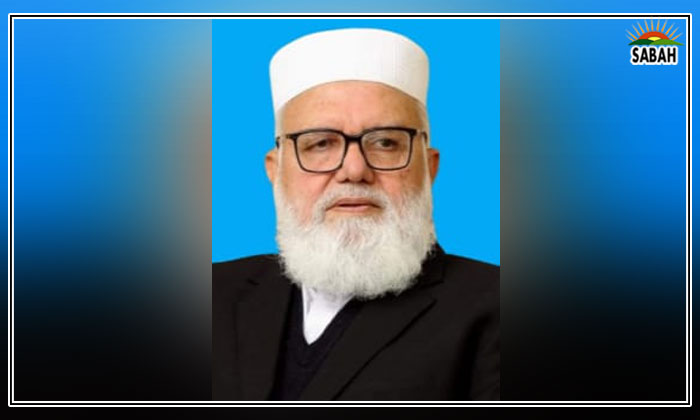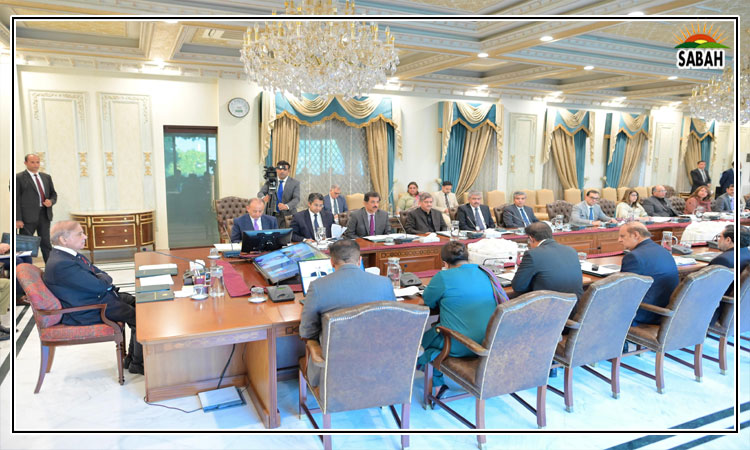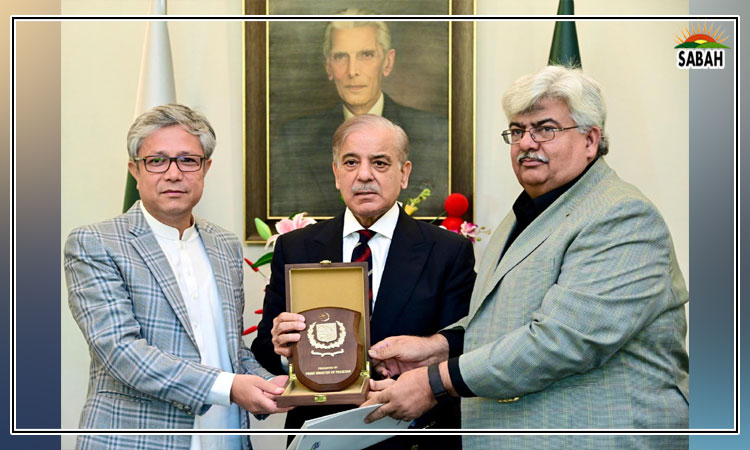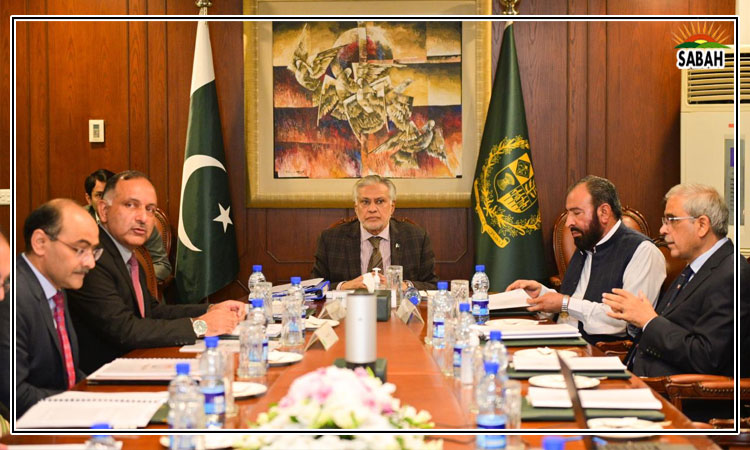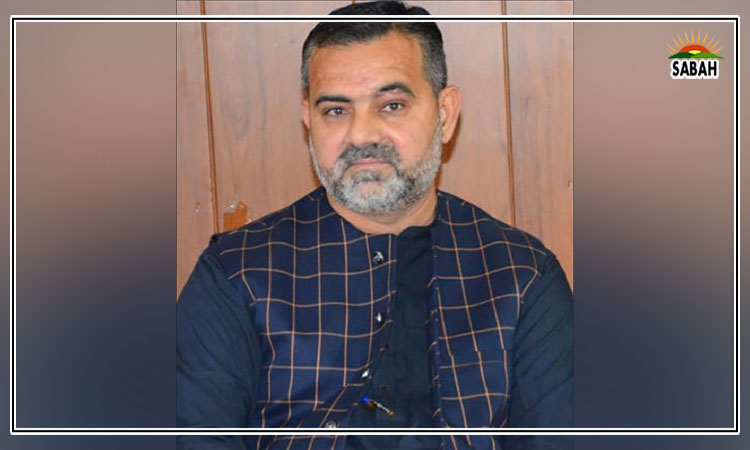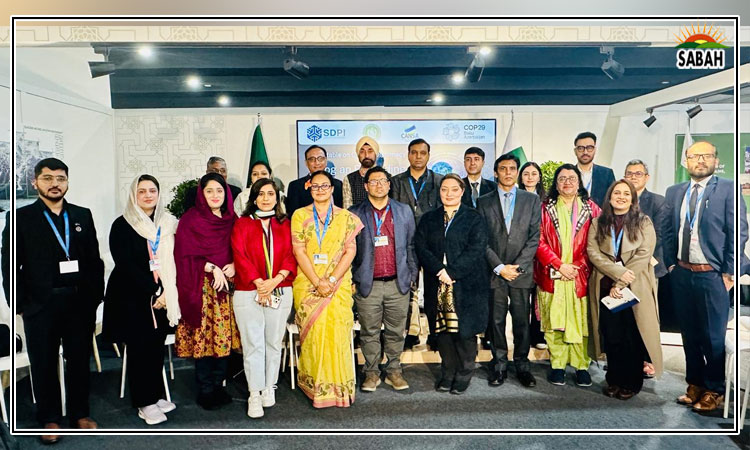Global experts underscore opportunities for green transformation in climate-vulnerable nations as UN climate change conference, Baku concludes
BAKU, Nov 21 (SABAH): As the 29th Conference of the Parties (COP29) to the United Nations Framework Convention on Climate Change concluded, global experts underscored opportunities for green transformation in climate-vulnerable nations, despite slow progress in global climate action.
At the forefront of these discussions, Pakistan’s Sustainable Development Policy Institute (SDPI) facilitated a series of engagements at the Pakistan Pavilion, bringing together international thought leaders to explore solutions for countries like Pakistan that face escalating environmental challenges.
Dr. Abid Qaiyum Suleri, Executive Director of SDPI, emphasized the pivotal role of finance in addressing Pakistan’s climate crisis. “This is a finance COP,” he stated, highlighting ongoing dialogues around Pakistan’s climate finance strategy and the role of multilateral development banks. Dr. Suleri called for greater international investment and private sector participation in fostering climate resilience.
- Abdul Aleem, President of the Overseas Investors Chamber of Commerce and Industry (OICCI), described climate change as Pakistan’s “biggest threat.” Representing over 200 global businesses, OICCI pledged to raise $50 million for green investments, while urging the private sector to explore financing tools like green bonds to enhance renewable energy infrastructure.
Andrew Bailey, Managing Director of BASF Pakistan, underscored the private sector’s critical role in Pakistan’s climate resilience, noting that OICCI member companies have already invested $23 billion in sustainable practices over the last decade. Meanwhile, Fiona Duggan of Unilever highlighted the need for scalable, localized climate strategies to benefit small and medium enterprises (SMEs).
International Finance Corporation (IFC) representative Veronica Nyhan Jones stressed the urgency of capital mobilization, revealing IFC’s plan to raise $20 billion globally for climate finance, with a portion directed toward Pakistan.
A panel discussion titled “Judicial Pathways Towards Climate Justice” at the Pakistan Pavilion spotlighted the judiciary’s role in addressing climate challenges. Justice Mansoor Ali Shah of Pakistan’s Supreme Court declared climate finance a “fundamental human right” and called for robust legal frameworks to ensure fair distribution. Judges from Nepal, Brazil, Belgium, and other nations echoed the need for judicial coalitions to hold governments and corporations accountable.
Justice Sapana Malla of Nepal highlighted judicial activism in expanding environmental rights, while Justice Antonio Herman Benjamin of Brazil emphasized the need for proactive legal regimes. The session advocated for a coalition among the V20 countries to enhance legal capacities for climate justice.
A high-profile panel titled “Pakistan’s Energy Transition: Pathways to a Sustainable Future” explored the country’s renewable energy goals amidst regulatory and financial hurdles. Dr. Khalid Walid of SDPI presented Pakistan’s energy landscape, noting efforts to reduce CO2 emissions and improve energy efficiency, potentially saving $6.4 billion annually by 2030.
Sanjay Vashist from the Climate Action Network South Asia highlighted South Asia’s vast renewable energy potential, calling for a South Asia Renewable Energy Fund to mobilize resources for regional clean energy transitions.
A session on industrial decarbonization stressed the urgent need for green innovations in Pakistan’s industrial sector. Bilal Anwar, CEO of the National Disaster Risk Management Fund, identified challenges faced by SMEs in accessing finance for green technologies. Nadia Rehman from the Ministry of Planning framed decarbonization as a pathway to economic modernization, while Ahmed Lak of OGDCL emphasized ongoing geothermal initiatives as part of Pakistan’s green energy strategy.
Prime Minister’s Coordinator for Climate Change, Romina Khurshid Alam, emphasized equitable access to climate finance for vulnerable communities, framing energy transition as a collective global effort. Experts also called for leveraging Pakistan’s coal reserves in Thar as part of a transitional strategy, coupled with regional diplomacy and knowledge-sharing across South Asia, MENA, and African nations.
The discussions at COP29 illuminated the significant challenges and opportunities for climate-vulnerable countries like Pakistan. While barriers remain, experts across sectors expressed optimism that innovative financing, judicial accountability, and international collaboration could pave the way for a sustainable future.


